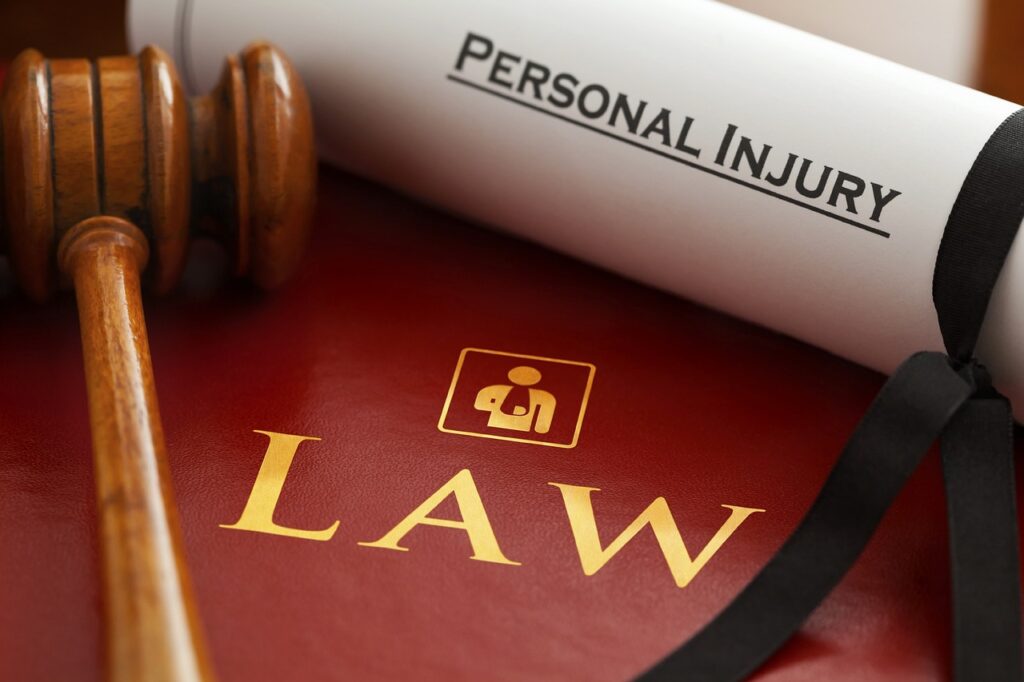Personal injury law, also known as tort law, is a legal field designed to protect individuals who have suffered harm due to the negligence or wrongful acts of others. Whether it’s a car accident, medical malpractice, or a slip and fall incident, personal injury law allows victims to seek compensation for their injuries. In this article, we will explore the basics of personal injury law to give you a better understanding of how it works.
What is Personal Injury Law?
Personal injury law covers a wide range of cases where someone is physically or emotionally injured due to another party’s negligence. This area of law includes accidents, intentional acts, and defective products. The goal is to provide relief to the injured person by compensating them for medical expenses, lost wages, and pain and suffering.
Types of Personal Injury Cases
Personal injury law encompasses several different types of cases, including:
- Car Accidents: The most common personal injury cases arise from car accidents caused by negligent drivers.
- Medical Malpractice: When healthcare professionals fail to provide a standard level of care, patients can suffer serious injuries or death.
- Slip and Fall: Property owners have a responsibility to maintain safe conditions, and if they fail, they can be held liable for injuries sustained on their property.
- Defective Products: Manufacturers can be sued if their products cause harm to consumers due to defects or inadequate warnings.
Key Elements of a Personal Injury Case
For a personal injury claim to be valid, the following elements must be present:
- Duty of Care: The defendant had a legal obligation to act with care toward the plaintiff.
- Breach of Duty: The defendant breached that duty by acting negligently or recklessly.
- Causation: The breach of duty directly caused the plaintiff’s injury.
- Damages: The plaintiff suffered actual harm or losses as a result of the injury.
Statute of Limitations
Each state has a statute of limitations, or a time limit, within which a personal injury lawsuit must be filed. These timeframes vary depending on the type of case and where the injury occurred. Failure to file within this time period can result in the loss of your right to seek compensation.
Compensation in Personal Injury Cases
Victims of personal injury can seek various types of compensation, including:
- Medical Expenses: Covers costs related to treatment, rehabilitation, and any future medical needs.
- Lost Wages: Compensation for income lost due to the inability to work during recovery.
- Pain and Suffering: Non-economic damages for physical pain and emotional distress.
- Punitive Damages: In cases of extreme negligence or intentional harm, punitive damages may be awarded to punish the wrongdoer.
How to File a Personal Injury Claim
To initiate a personal injury lawsuit, the injured party must first file a claim with the at-fault party’s insurance company. If a fair settlement cannot be reached, the next step is to file a lawsuit in civil court. An experienced personal injury attorney can help guide the victim through the legal process and ensure they receive the compensation they deserve.
The Role of Personal Injury Lawyers
Personal injury lawyers play a crucial role in helping victims navigate the complex legal system. They can:
- Investigate the case: Gather evidence, interview witnesses, and assess the extent of the injury.
- Negotiate settlements: Work with insurance companies to obtain a fair settlement.
- Represent in court: If necessary, take the case to trial to secure the compensation their client deserves.
Conclusion
Understanding the basics of personal injury law is essential for anyone who has been injured due to someone else’s negligence. By knowing your rights, the types of cases involved, and the legal process, you can make informed decisions about pursuing a claim. Always consult with a qualified personal injury attorney to ensure your case is handled correctly and you receive the compensation you deserve.



